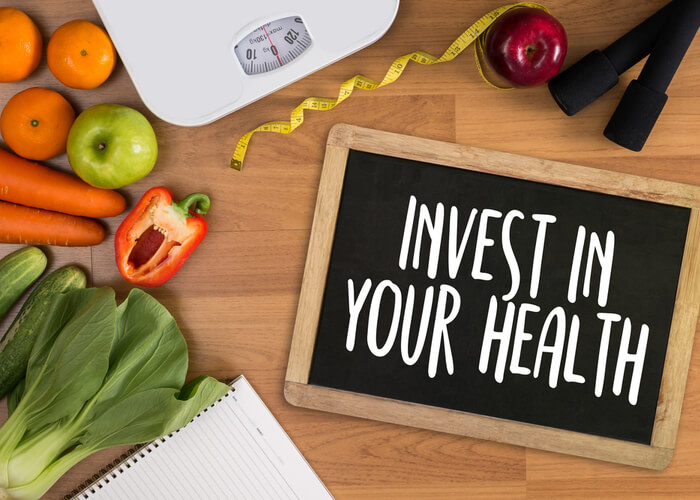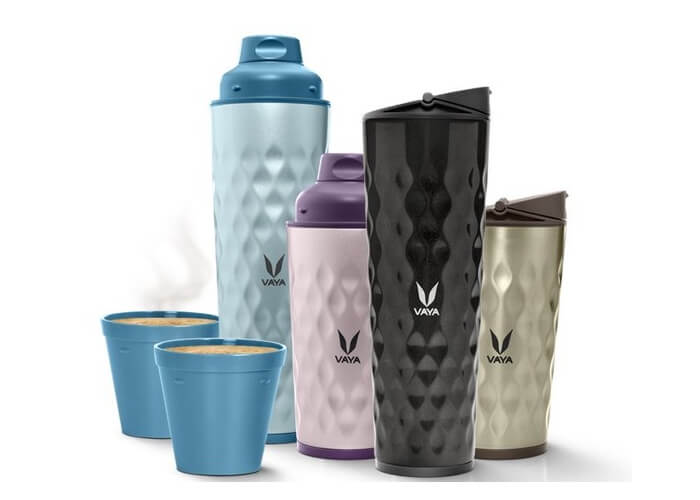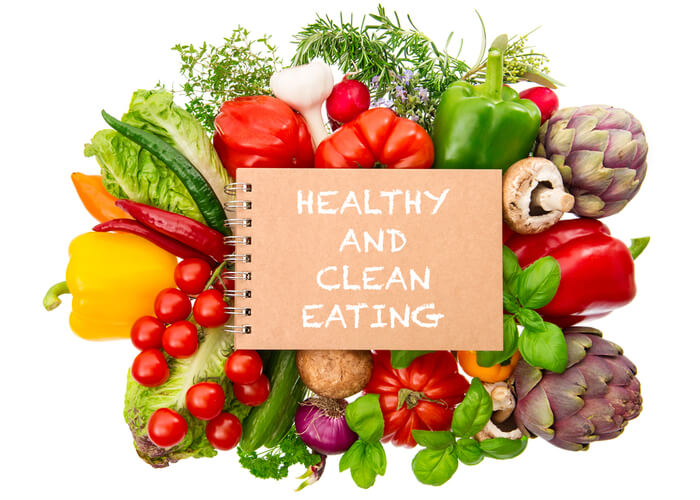Like everything to do with your body, good health begins with a healthy diet. And a healthy diet is one that is balanced and nutritious.
There is no one diet that fits all when it comes to weight loss. For many, a healthy diet is a balanced meal cooked at home. For a few, healthy diet is one that is meticulously prepared taking in the calorie count of every single ingredient. For others, it is a diet that constitutes of a variety of food customized by their nutritionist or fitness advisor. Although the “right diet” for every person might vary, all healthy diets tend to have a few things in common.
1.Multiple food groups
There are lots of diet plans out there that restrict you from eating certain food groups. Really, you don’t want to fully exclude any food group. It is important that you eat a wide variety of different foods so that you are nourished with different vitamins, minerals, and anti-oxidants. If your dining table is filled with a casserole of main course (carbohydrates), a hot case with a side dish (protein) and vegetables/fruits (fiber and anti-oxidants), you are probably including all the essential food groups that your body needs!
2.Vegetables and Fruit
Your parents, grandparents, teachers, doctor, and almost everybody else really has told you to eat your veggies. They did it for a reason. Fruits and vegetables are filled with the most important nutrients that your body needs for proper functioning. They also have practically no calories, so you won’t put on weight eating your veggies. Make sure you snack in on fruits and vegetables whenever possible. Carry insulated storage containers for fruits and vegetables, so you can have them fresh when your mid-day hunger pangs hit you.
3.Grains
If you’ve heard and been hearing many stories of carbs being the cause of many health conditions and how you should do everything you can to eat less carb, you are not alone. That’s not quite the entire story though; you only want to avoid processed and refined grains. Whole grains like oatmeal are amazing for you. So, portion control is the key. Don’t hesitate to serve yourself a bowl of whole grain porridge from the hot case next time you are cooking it! However, if you are adhering to a low-carb diet suggested by your nutritionist or physician, make sure you follow their dietary guidance.
4.Protein
Protein is the building block of cells. Your body needs protein to repair tissue damage and provide your body with slow burning energy. Even if you don’t eat meat, you need to include protein in your diet. Try beans, legumes, or tofu. If you are not a fan of salads much, try including them cooked as a gravy or curry in your diet. In fact, a cup of protein during every meal works well for most people. Make sure you carry vegetables, egg or meat, a protein of your choice in your lunchbox. Choose a lunchbox that you can compartmentalize, so you can carry more than one side to your main carbohydrate dish.
Eating every meal at home? Then all you need to work on cooking a batch of protein and storing it in a casserole or hot box, one that would preserve the freshness of the meal while keeping it hot as well!
5.Dairy
Dairy products like milk and cheese are some of the best sources of calcium which is necessary to build strong bones. Milk, curd, paneer, cheese, and cream, a lot of healthy and delicious dishes can be made out of all these products! If you can’t consume dairy for reasons like allergy, eat calcium rich fruits and vegetables.
There really is no diet tailor made for weight loss. Just like skin care, weight-loss diets need to be customized as per individual requirements. Whatever diet you choose to follow, complement it with an active lifestyle, healthy and stress-free schedules and an exciting hobby. It is only on you to make the whole transformation journey interesting and fun.





